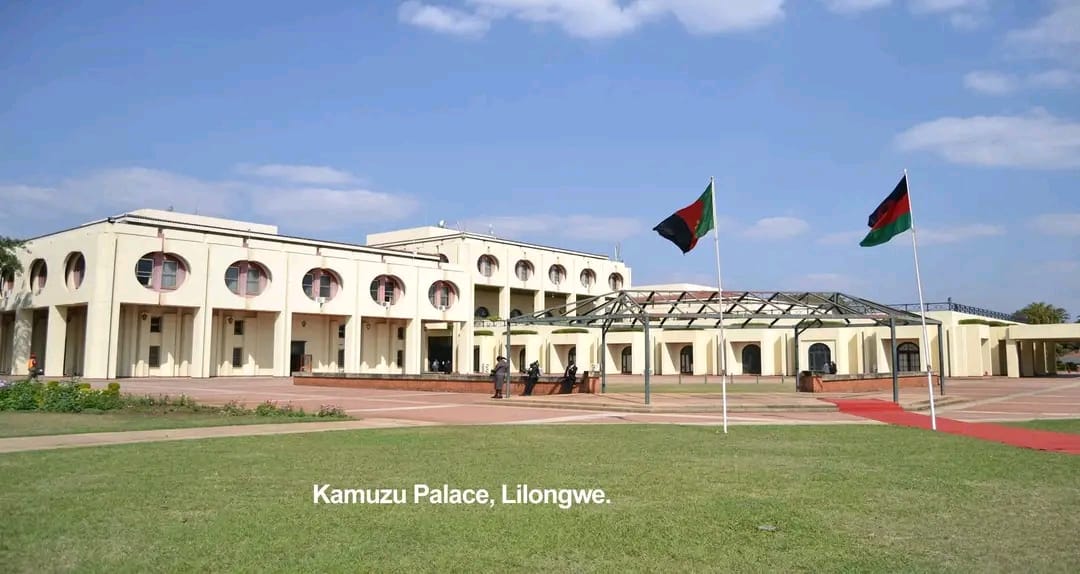By Burnett Munthali
In a startling display of Malawi’s ongoing economic challenges, the price of Frooty juice—a popular beverage in local shops—has skyrocketed by an eye-watering 1,000,000% in just four years. A 5-litre bottle of Frooty juice, which was priced at a modest K2,100 in 2020, now costs a staggering K10,999 at Chipuku Shops, highlighting the silent yet severe devaluation of the Malawian kwacha and the ongoing rise in living costs.
The 2024 price tag of K10,999 for the same quantity of Frooty juice marks a shocking rise that has left many Malawians grappling with the harsh realities of inflation. Four years ago, the same product could be bought for less than K2,100, a price that was already considered affordable by many. The exponential increase in price is a clear indication of the deepening economic difficulties faced by ordinary citizens.
For many families, Frooty juice has been a household staple, a go-to option for refreshing drinks during hot seasons and a treat for children. However, the price hike now places it out of reach for many, making it an example of how the country’s economic challenges are affecting even basic consumer goods.
While the rapid price increase is noticeable, it is only part of a broader, quieter story of devaluation and inflation that has been sweeping across Malawi over the past few years. The devaluation of the Malawian kwacha has led to an increase in the cost of imported goods, including Frooty juice, which is likely sourced from abroad.
The K10,999 price tag is not only a reflection of the cost of the juice itself but also an indicator of the broader economic forces at play. The kwacha’s devaluation has reduced the purchasing power of many Malawians, making it harder for people to afford everyday essentials.
Frooty juice’s price surge is just one example of how the cost of living is soaring in Malawi. Consumers are facing increased prices for food, fuel, and other basic goods, with inflation outpacing wage growth for most workers. This disparity is squeezing household budgets and leading to growing frustration and hardship.
The government’s efforts to address these economic challenges have had limited success so far, with many questioning whether sufficient steps are being taken to curb inflation and stabilize the currency. As prices continue to rise, many Malawians are left wondering how much longer they can manage the ever-increasing cost of living.
This price increase comes as a stark reminder that economic stability remains a distant goal for Malawi, and everyday people continue to bear the brunt of the hardships. As the cost of basic goods continues to climb, the question arises: will the government take stronger action to address these issues, or will Malawians continue to face the pangs of devaluation and inflation in silence?
For now, the skyrocketing price of Frooty juice is a bitter pill for many consumers. However, it serves as a reminder of the broader economic challenges that Malawi must confront if it hopes to ease the burden on its citizens and ensure a more stable economic future.
The 1,000,000% price increase may be an extreme example, but it symbolizes a much larger problem—one that calls for urgent attention and action from both the government and the private sector.




